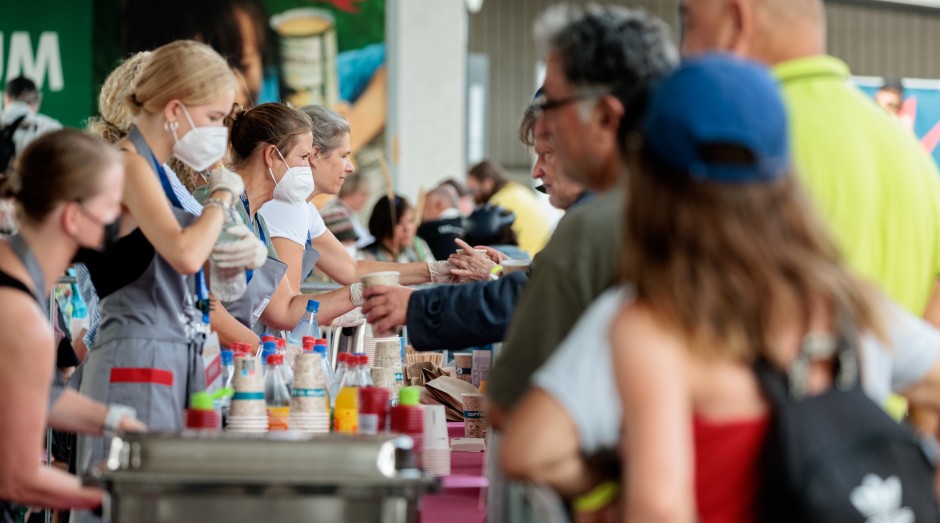
Dhe sociologist and political scientist Tuuli-Marja Kleiner pointed out on the occasion of the “Day of Volunteering” on Monday that large numbers of young people in rural areas are involved in civic activities. Contrary to the lack of young people often lamented by clubs, voluntary work is popular and even increasing, said Kleiner in an interview with the Evangelical Press Service (epd). “According to the Volunteer Survey, over 74 percent of 16 to 25 year olds are involved in clubs, associations, unions and churches – they want to take on responsibility.”
Together with a colleague at the Thünen Institute in Braunschweig, Kleiner heads the “Young in the club and committed” (JIVE) project, which is funded by the Federal Ministry of Agriculture. She is also a private lecturer at the Goethe University in Frankfurt am Main. According to Kleiner, the commitment among adolescents between the ages of 16 and 21 is particularly pronounced. Family, school and training are factors that promote civic engagement and provide appropriate incentives, said the scientist.
But the group of 22 to 25 year olds is also quite committed. According to Kleiner, the research results contradict the “narratives of doom” from associations about declining commitment in rural areas. “This narrative seems to have taken on something of its own.”
Why do clubs worry about young people?
At the current stage of the research project, which will run until spring 2024, she cannot say with certainty how this contradiction comes about. “But I suspect that when it comes to young people’s concerns in the clubs, it’s mainly about managerial positions.” On the one hand, a lot of time and work has to be invested there. On the other hand, the social prestige of these positions has decreased and their attractiveness has therefore diminished.
The younger generation is skeptical about hierarchical club structures anyway. This also applies to the typical “working up” in traditional structures. Instead, young committed people value working together on an equal footing. “They want to make a difference together, they want to be taken seriously and recognized,” said Kleiner.
Many are involved in sports clubs
The areas in which young people get involved in rural areas are traditional sports clubs, followed by culture and music, fire brigades, accident and rescue services, schools and kindergartens, youth work and religion and church. But young people also set new impulses – for example with groups that work for queer people.
Commitment to new, socially relevant topics is not always made easy for them. While sports and rifle clubs can build on proven communication channels and established administrative structures in cooperation with the municipalities, these networks first have to be built up when new topics arise. “That also causes frustration.”
Basically, however, it can be stated that civic engagement is very popular with the younger generation, emphasized Kleiner. Not so long ago people who volunteered were sometimes mocked as “do-gooders”, but today young people almost have to justify themselves if they don’t get involved. According to Kleiner, there are differences between the various levels of education. High school graduates and students get involved particularly often.







